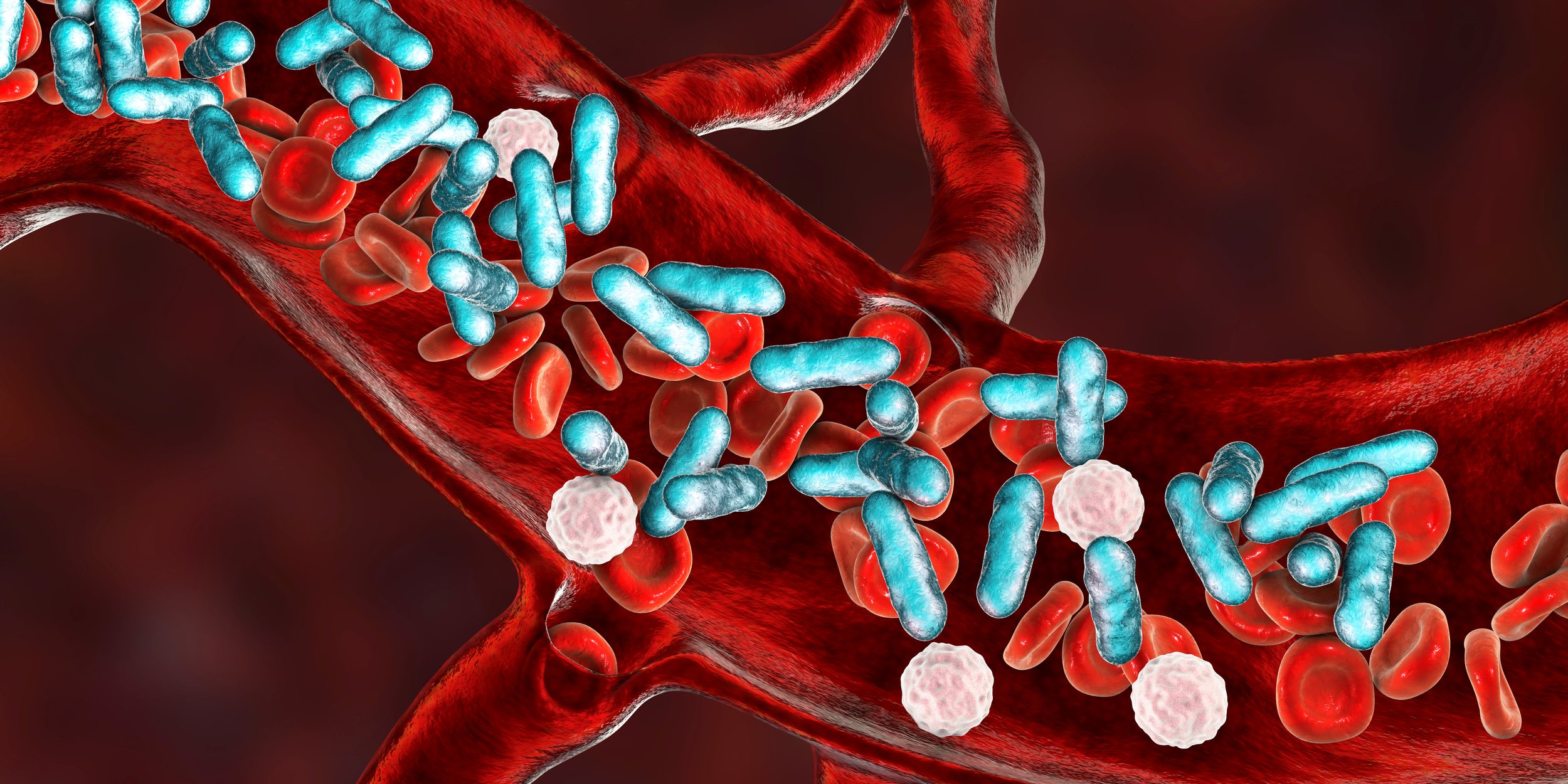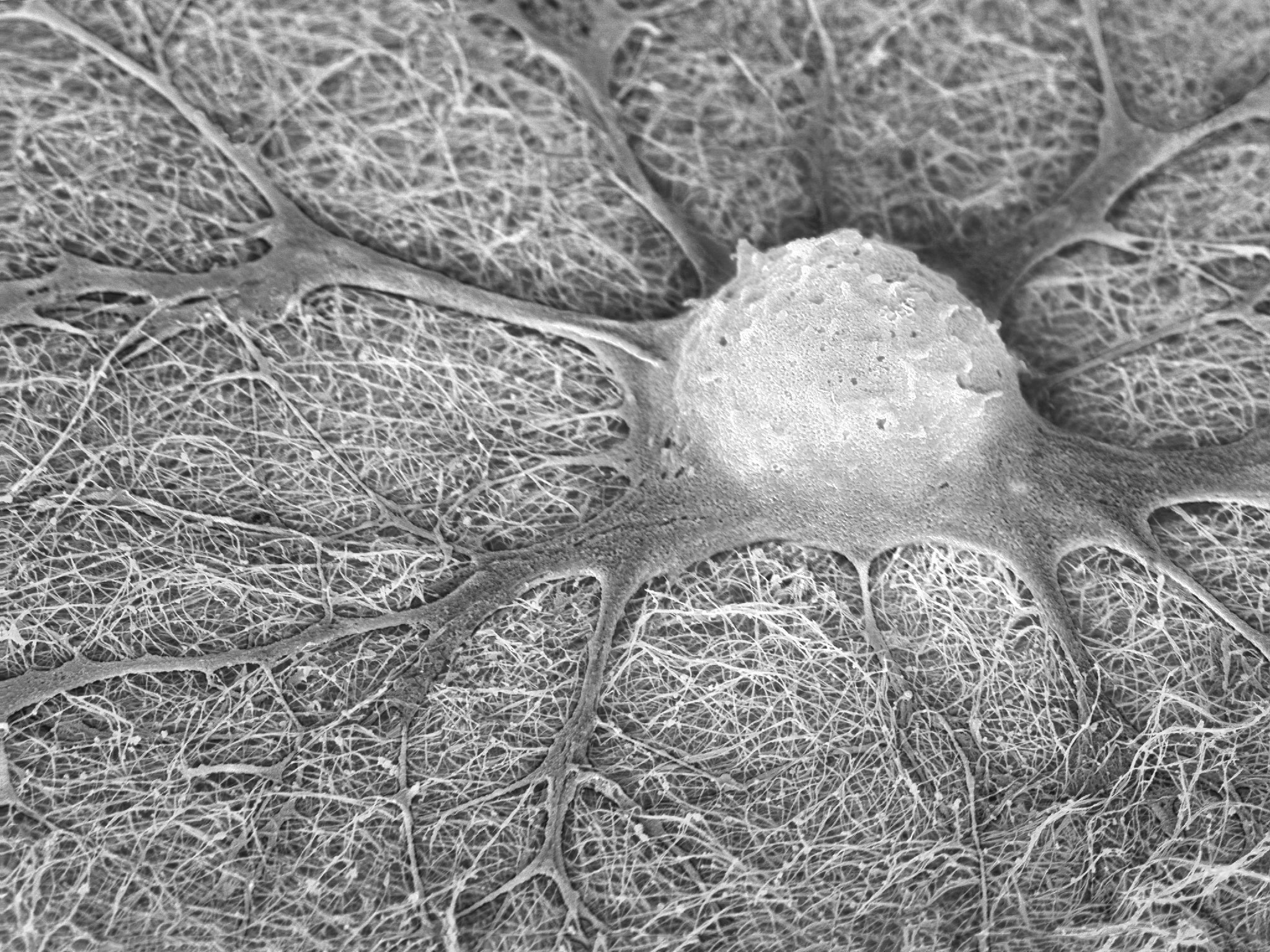ISSCR News

New in Stem Cell Reports: New Stem Cell Research May Have Implications for Liver Transplantation
Research just published in the journal Stem Cell Reports, provides proof of principle that functional liver cells can be grown in a different species and could represent a solution to transplant shortage.

The ISSCR Announces Hong Kong, SAR As Location For Its 2025 Annual Meeting
The world’s leading stem cell scientists will convene in Hong Kong, SAR, 11-14 June 2025 for the International Society for Stem Cell Research (ISSCR) 2025 Annual Meeting, illuminating the future of stem cell science and highlighting the most compelling research and clinical advances of the year.

New in Stem Cell Reports: Blood Stem Cells Unlock Clues for Helping Sepsis Patients Fight Recurring Infections
Severe sepsis from bacterial or viral infections can be life-threatening and even people recovering from severe sepsis may experience long-lasting effects on the immune system, making them more susceptible to recurrent infections. The causes for this sepsis-induced immune suppression are not well understood and lack an effective treatment. To better understand the cause, Katherine MacNamara and colleagues from Albany Medical College, USA, analyzed the blood stem cells of mice with prior sepsis and their results were recently published in the journal Stem Cell Reports.

The ISSCR Announces 2024 Election Results
The International Society for Stem Cell Research (ISSCR) is pleased to announce the results of its 2024 election. Lorenz Studer, MD, founding director of the Center for Stem Cell Biology and member of the Developmental Biology Program, Memorial Sloan Kettering Cancer Center, USA, will become the next Vice President. All terms of office for the new leaders will begin on 1 July 2024.

Highlight from Stem Cell Reports: New Type of Stem Cells Contains Potential for Knee Cartilage Regeneration in Arthritic Mice
Osteoarthritis (OA) is a debilitating joint disease which affects over 500 million people worldwide, with trends increasing as populations age. OA is caused by progressive, irreversible degeneration of joint cartilage, leading to pain, swelling and immobility in the affected joint. Current therapies focus on symptom relief but cannot restore degenerated cartilage.
A potentially alternative treatment is the regeneration of cartilage from stem cells. Importantly, not all types of stem cells can make cartilage and earlier clinical trials with mesenchymal stem or stromal cells (MSCs) obtained did not convincingly show that MSCs make new cartilage when given to OA patients.

Receive ISSCR Press Releases
Sign up be a part of ISSCR’s media list. Media Contact: Kym Kilbourne, Director of Media and Strategic Communications
Subscribe to ISSCR News.
Each month, ISSCR delivers scientific, policy, and community to your inbox .
